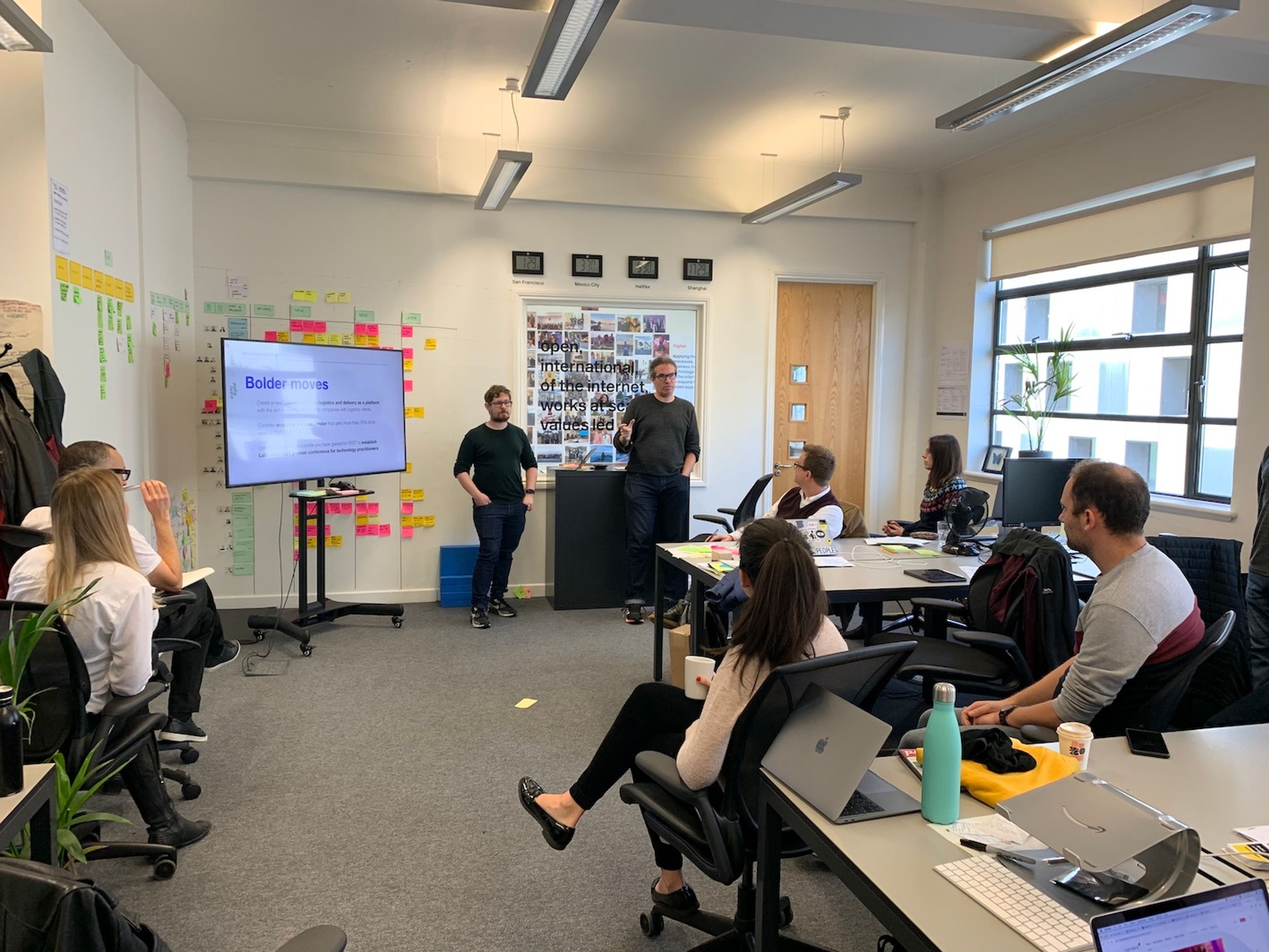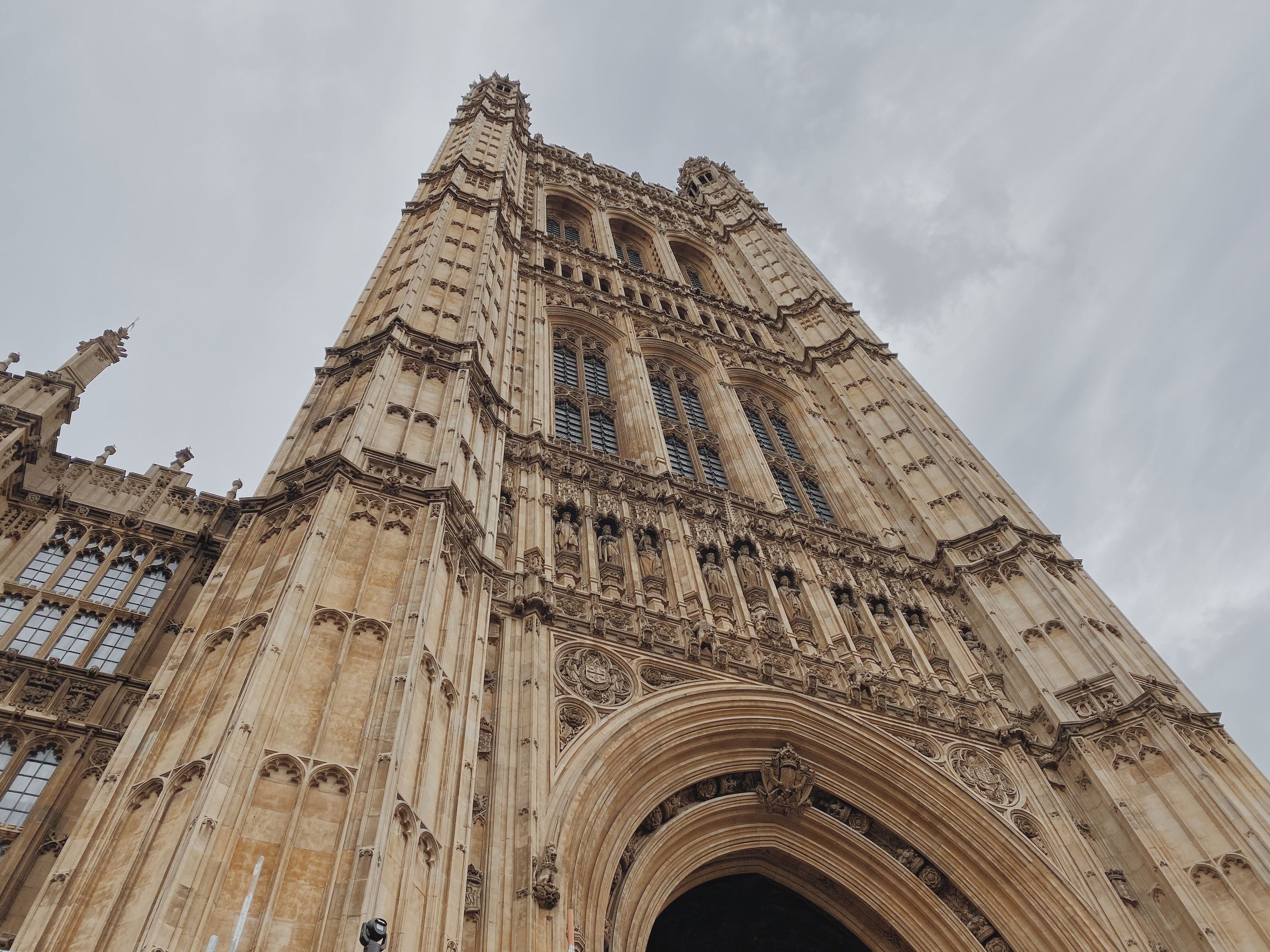
Operating model
We help organisations design and adopt operating models that let them respond to ever-changing customer needs.
A dynamic operating model doesn’t try to guess the future. Instead, it connects the organisation with its users, and builds the feedback loops and capabilities to learn about and respond quickly to their behaviour.
We help organisations manage their work in a way that is optimised for adaptability. This includes rethinking their skills, processes, teams, finance approach, governance structures, and risk management culture, so that they can become more responsive and dynamic.
Our team
Why adopt a dynamic operating model?
Many older institutions’ ways of working are falling dangerously out of date.
Profound technological, social and cultural changes have caused ongoing shifts in people’s behaviours and expectations, and unlocked disruptive new business and service models which can scale rapidly.
Organisations that could once rely on stable operational and financial performance in a predictable environment must now cope with more volatile and uncertain conditions. Emerging technologies like machine learning and AI continue to add new dimensions of disruption.
Amid such change, trying to predict the future and define the new “target operating model” to meet it will always fail. Instead, today’s organisations need to be always learning and on a permanent footing for change. A dynamic operating model helps organisations stay close to its users and optimise for adaptability and responsiveness.
What we do
- 1
We evaluate your current operating model: skills and capabilities, team design, governance, finance model, risk and management approach.
- 2
We understand your stakeholder environment and help you introduce narratives for alignment
- 3
We build lasting digital capacity with empowered multi-disciplinary teams at the heart of every service.
- 4
We coach and support leaders radically transforming their organisations with our experience of having done that before.








